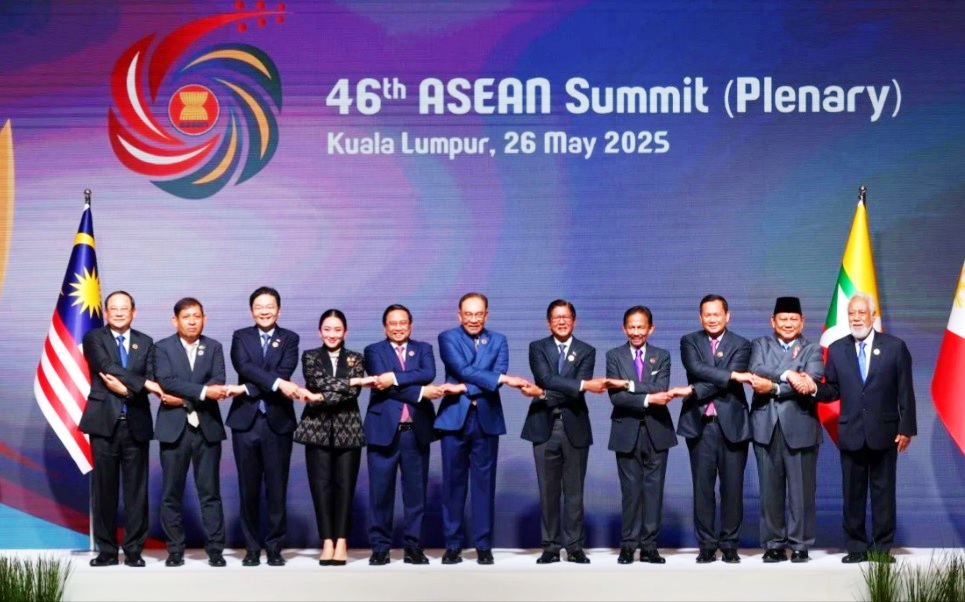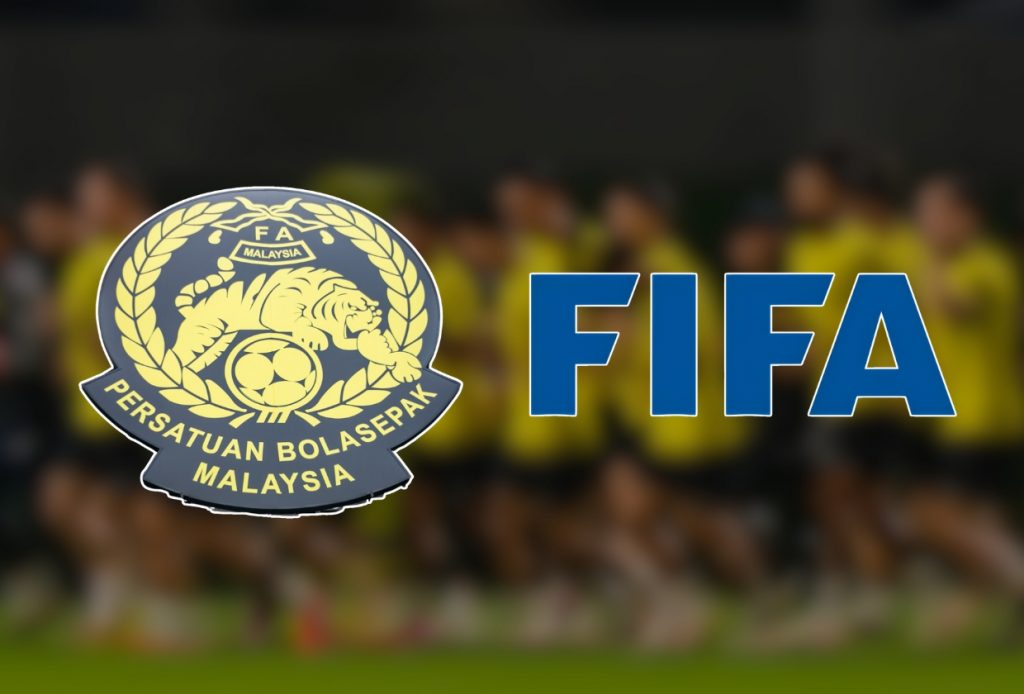The summit was chaired by Malaysia as part of its ASEAN Chairmanship, with Malaysia’s ASEAN Chairmanship including hosting related summits and meetings. The ASEAN Coordinating Council and ASEAN Community Councils played key roles in preparing for the summit and coordinating implementation of decisions. The gathering encompassed not only the Summit’s opening ceremony but also parallel forums—including the ASEAN Inter-Parliamentary Assembly (AIPA), the 2nd ASEAN–Gulf Cooperation Council (GCC) Summit and the ASEAN–GCC–China Summit. The ASEAN Summit Meetings and related summits, such as the ASEAN Special Summit and special ASEAN summit, are convened annually or on an ad hoc basis to address regional issues. The summit and its related meetings were attended by permanent representatives and representatives from all ASEAN member states, as well as ASEAN foreign ministers. Each event underscored ASEAN’s determination to broaden partnerships with the GCC and deepen ties to China, particularly in areas such as energy transition, digital innovation and collective regional influence amid a shifting global landscape. The heads of ASEAN member states discussed and reaffirmed their commitment to the ASEAN Community Vision and adopted key statements and ASEAN Declarations on issues such as climate change, investment, and regional stability. The ASEAN Business Advisory Council and ASEAN Youth initiatives were also highlighted during the events. Venues such as Bali, Bangkok, Indonesia, Thailand, and the Philippines have historically hosted past summits, and the 46th ASEAN Summit in Kuala Lumpur continued this tradition. The summit was held in May, but previous summits have taken place in April and September, and Myanmar was a topic of discussion.
In the weeks leading up to the Summit, preparations in the Klang Valley became impossible to ignore. Roads were cordoned off for rehearsals and security drills; street art celebrating the host nation’s “Malaysia Madani” vision adorned key junctions; and public transport schedules were recalibrated. As anticipation built, online conversations began to reflect both national pride and practical frustration—particularly over traffic disruptions and sudden work-from-home directives.
From the key discussions at the ASEAN Summit 2025 to Malaysia’s stance amid China’s trade tensions, our coverage highlights critical regional and global developments. Explore our news section for more insights and articles.
How Malaysian Netizens Reacted to the ASEAN Summit
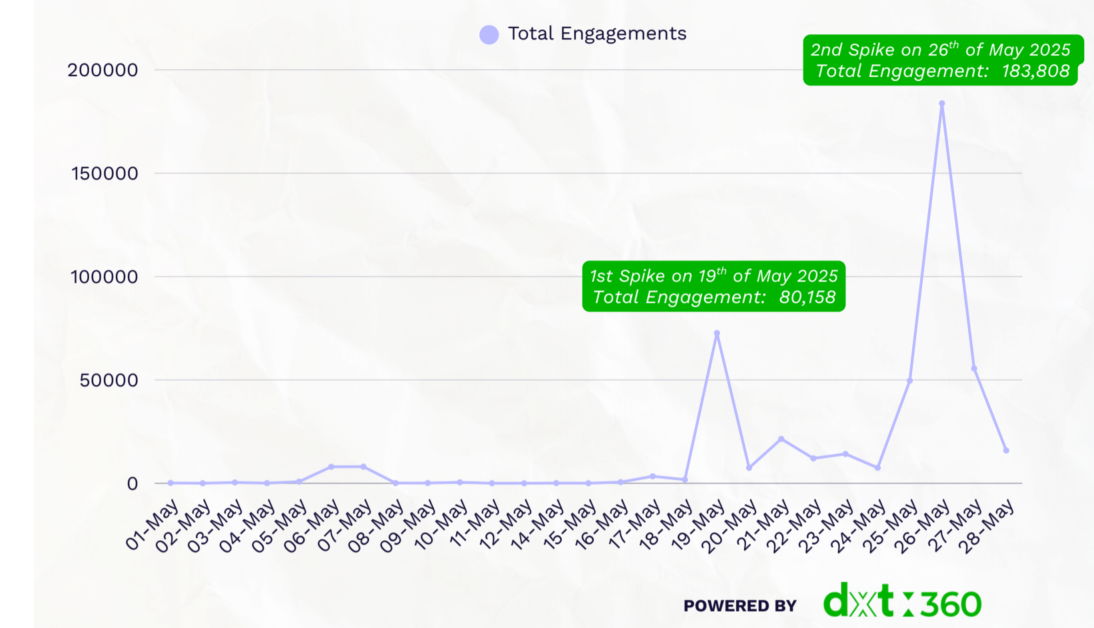
Between 1 and 28 May 2025 :
Online engagement around “ASEAN Summit 2025” spiked twice. The first surge occurred on 19 May, reflecting growing scrutiny as Klang Valley roads closed for rehearsals. The second, more pronounced peak arrived on 26 May, the Summit’s opening day, as images of regional leaders arriving in Kuala Lumpur and vibrant cultural showcases dominated feeds.
19 May 2025 (1st Spike):
Preparations intensified. Reports of road closures in the Klang Valley prompted widespread discussion, as commuters shared complaints, memes and photographs of traffic jams.
26 May 2025 (2nd Spike):
The Summit began. Netizens posted images of dignitaries, praised Malaysia’s diplomatic role and debated the Malaysia Madani vision. A side-thread saw football fans juxtapose ASEAN diplomacy with Manchester United versus Johor Darul Ta’zim results, adding a light-hearted flair to the discourse.
Post-28 May 2025:
Engagement tapered off as Malaysians returned focus to daily concerns. Conversations shifted to reflections on economic integration and calls for follow-through on Summit pledges.
 Where the Conversation Happened
Where the Conversation Happened
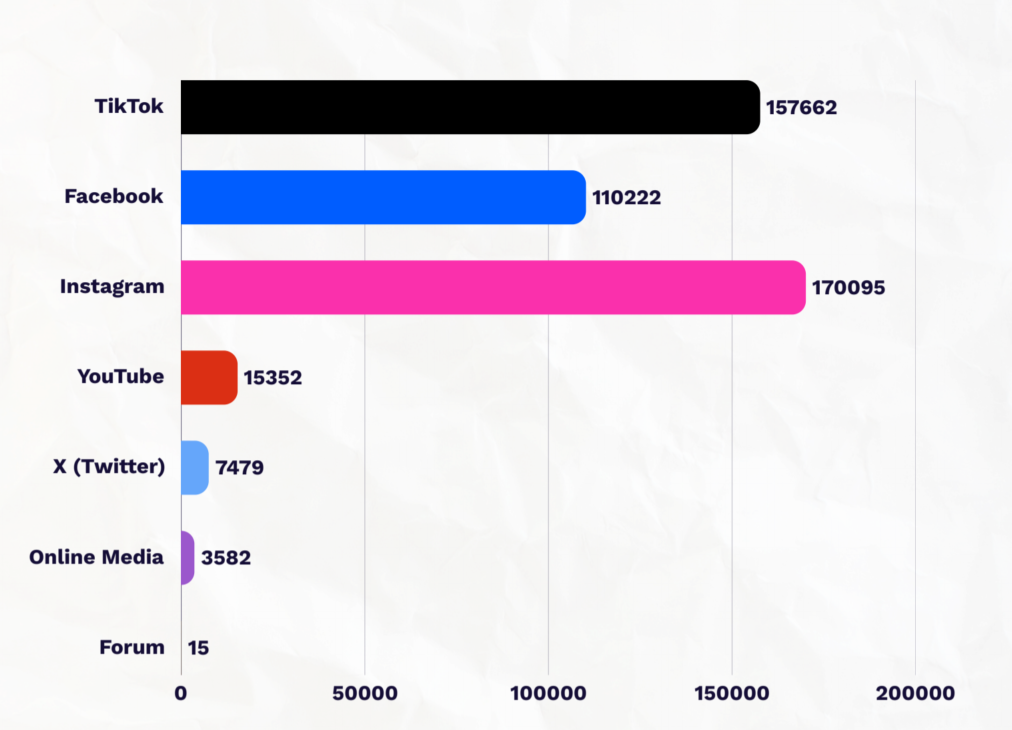
Malaysian social media distribution statistics (1–28 May 2025) revealed where netizens led discussions on the ASEAN Summit:
Instagram and TikTok held the largest share, reflecting a younger, mobile-first audience keen to share images and short videos from both official Summit moments and daily commuter frustrations. Facebook remained influential among slightly older demographics, while YouTube hosted in-depth news round-ups and panel discussions.
 Key Themes That Drove the Conversation
Key Themes That Drove the Conversation
Drawing from sentiment and engagement data across platforms, five major themes emerged:
Support for PMX & Malaysia Madani (47%)
Many netizens praised Prime Minister Anwar Ibrahim’s leadership under the Malaysia Madani vision, viewing the Summit as proof of national maturity and progress. Positive comments often referenced hopes for improved governance and greater regional influence.
ASEAN Unity & Regional Cooperation (22%)
Discussion highlighted ASEAN solidarity and Malaysia’s diplomatic role as host. Netizens underscored the importance of deeper integration and collective growth across Southeast Asia, with particular emphasis on agreements related to renewable energy and sustainable development.
Political Criticism (16%)
An undercurrent of scepticism persisted. Some users questioned government transparency, probed political motivations behind key announcements and scrutinised appointment decisions. Even amid widespread optimism, these voices reminded observers that Malaysians continued to demand accountability.
Traffic & Work-From-Home Disruptions (8%)
Practical frustrations featured prominently. Road closures in the Klang Valley forced abrupt work-from-home directives, drawing criticism for inadequate public communication. Many netizens shared commuter stories, memes and suggested measures—such as clearer signage, alternative routes or flexible office hours—to mitigate future disruptions.
Social & Humanitarian Concerns (7%)
A smaller yet significant portion of conversations centred on broader issues—particularly the Rohingya crisis. Appeals for humanitarian support and regional solidarity appeared, signalling that even within a high-profile diplomatic event, online audiences remained acutely aware of ongoing social challenges.
 Word Cloud Analysis: What Malaysians Were Really Talking About
Word Cloud Analysis: What Malaysians Were Really Talking About
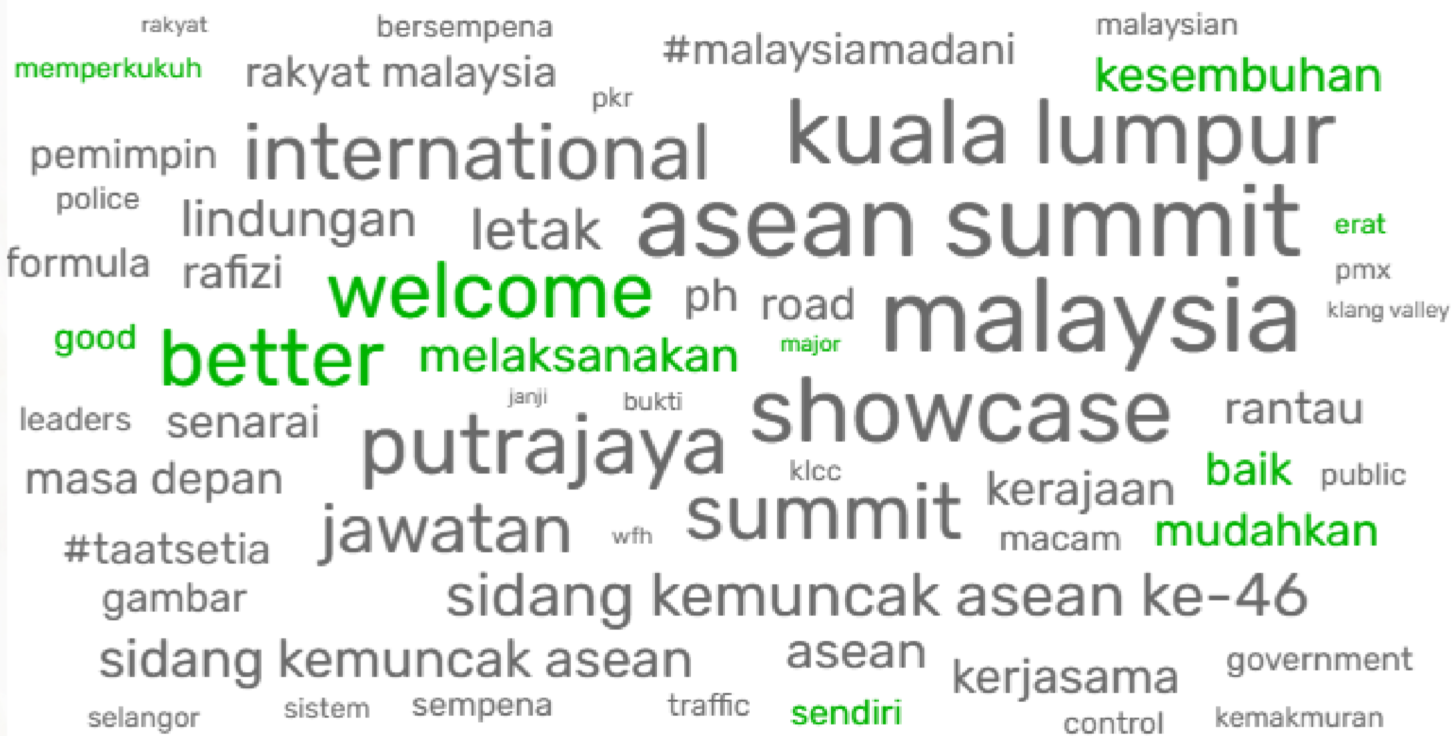
A closer look at recurring keywords offered insight into what resonated most:
1. Vision for National Progress
Keywords such as “#malaysiamadani”, “melaksanakan” (to implement), “mudahkan” (to ease), “baik” (good), “bukti” (proof), “memperkukuh” (strengthen), “kesembuhan” (healing), “sendiri” (ourselves), and “better” reflected a hopeful and forward-looking mood among Malaysians. The public expressed optimism about Prime Minister Anwar Ibrahim’s leadership and its potential to drive reform. The frequency of action-oriented language indicated expectations for tangible improvements in governance, delivery, and national unity.
2. Regional Presence and Diplomacy
Keywords such as “ASEAN Summit”, “sidang kemuncak ASEAN”, “kerjasama” (cooperation), “rantau” (region), “erat” (close ties), “international”, and “showcase” underlined pride in Malaysia’s role as summit host. The discourse focused on diplomacy, hospitality, and global positioning, with many viewing the summit as an opportunity to reinforce regional ties and project national capability on the international stage.
3. Political Sentiment and Public Trust
Keywords such as “kerajaan” (government), “ph” (Pakatan Harapan), “pkr”, “rafizi”, and “jawatan” (positions) reflected continued political scrutiny. While the summit was framed around unity and cooperation, public discussion exposed lingering doubts regarding leadership transparency and political appointments. These highlighted the coexistence of national optimism with critical expectations of governance.
4. Everyday Impact and Public Disruption
Keywords such as “Kuala Lumpur”, “Putrajaya”, “traffic”, “road”, “WFH” (work from home), “senarai” (lists), “control”, and “Klang Valley” captured the local impact of summit preparations. The disruption from road closures, event security, and last-minute work-from-home shifts sparked frustration. Conversations revealed the tension between national pride and the logistical challenges felt by everyday Malaysians.
 Sentiment Breakdown
Sentiment Breakdown
Analysis of sentiment across all comments on the ASEAN Summit revealed a predominantly positive mood:
75% Positive
Expressions of support, pride and optimism dominated. Netizens lauded Prime Minister Anwar Ibrahim, praised Malaysia’s “Malaysia Madani” vision and celebrated the Summit as a moment of diplomatic maturity for the nation. Many posts included patriotic emojis and congratulatory messages. A lighter subset of these positive comments wove in football banter, tying global affairs to local passions.
5% Neutral
These comments offered factual observations—asking logistical questions, querying the Summit schedule or noting peak traffic times—without strongly emotive language. Although devoid of overt sentiment, they provided important context on how Malaysians planned their commutes and workdays around the Summit.
20% Negative
Criticism focused primarily on two areas:
Logistical Inconveniences: Complaints about road closures, traffic gridlock and abrupt WFH orders.
Political Scepticism: Doubts about transparency, the true motives behind certain announcements and whether promised outcomes would materialise.
 What Netizens Were Saying Online
What Netizens Were Saying Online
Below are comments that captured the spectrum of online reaction:
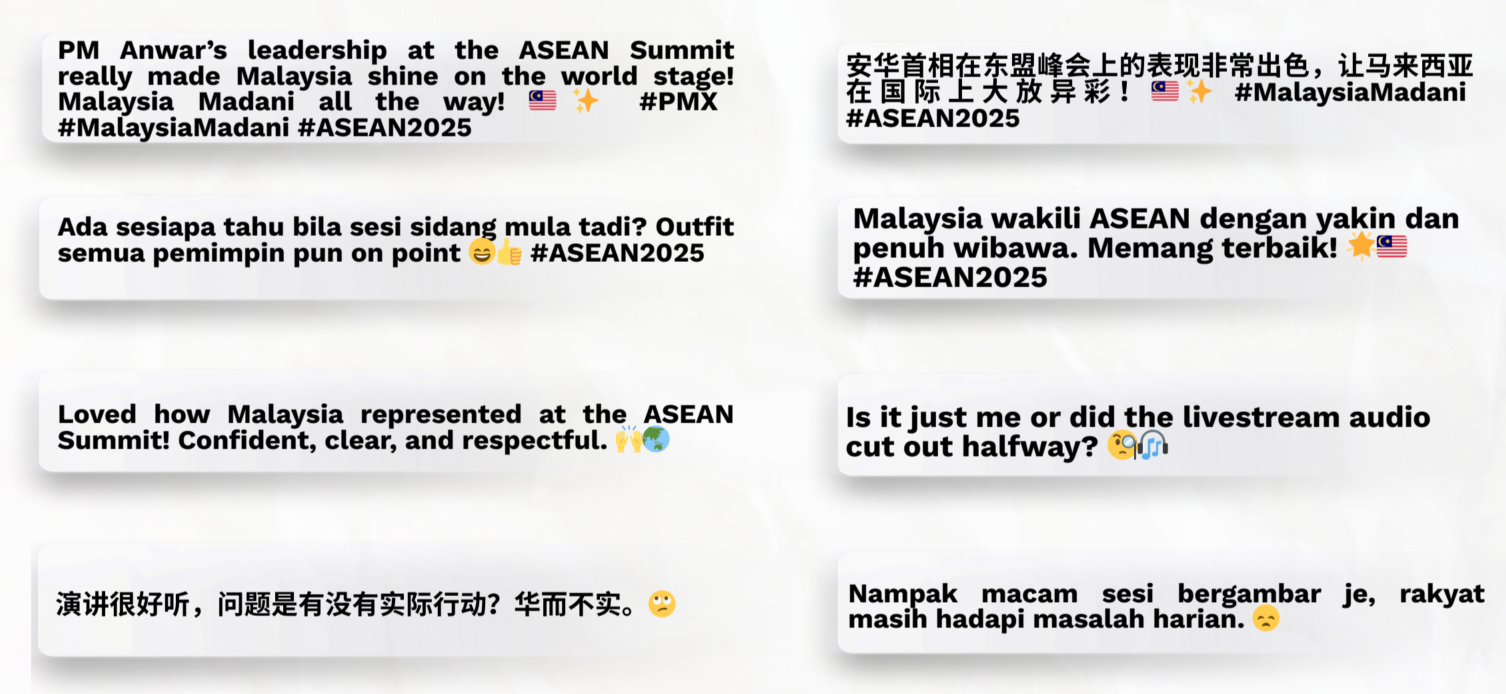
 Final Takeaways
Final Takeaways
National Pride Remained Strong. Three-quarters of netizen comments reflected genuine enthusiasm for Malaysia’s role in hosting the Summit and the “Malaysia Madani” vision. For many, seeing regional leaders meeting in Kuala Lumpur signalled diplomatic maturity.
Scrutiny Endured. Even amid celebration, 20% of reactions were negative—highlighting logistical shortcomings (traffic, WFH orders) and political scepticism about whether Summit promises would translate into real-world change.
Digital Channels Mattered. While Instagram and TikTok accounted for most engagements, platforms such as Facebook and YouTube provided space for longer-form debate, illustrating how Malaysians used different channels to express distinct perspectives.
Beyond Protocol, People Connected. Word-cloud analysis revealed that netizens cared not only about headline agreements but also about everyday impact—traffic, work routines—and deeper narratives around national progress, trust and regional solidarity.
At Dataxet Malaysia, we helped organisations make sense of these moments—tracking, analysing and turning conversations into insight. With DXT360, we delivered actionable insights that mattered.




